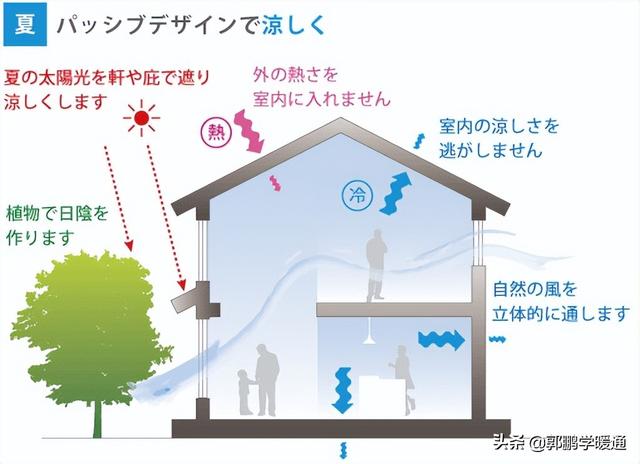英语中有些句子的谓语动词是主动语态,但表达的意思是被动的,这种句型所表示的被动意义主要说明主语的内在特征这种用法有:,接下来我们就来聊聊关于对主动与被动理解?以下内容大家不妨参考一二希望能帮到您!

对主动与被动理解
英语中有些句子的谓语动词是主动语态,但表达的意思是被动的,这种句型所表示的被动意义主要说明主语的内在特征。这种用法有:
1、在主语是物的句子中,谓语动词常常是由某些及物动词转化来的不及物动词,如 act, add up, beat, blow, carry, catch, draw, dye,eat, fill, grind, handle, iron, keep, let, light,open,peel,rread, screen, tear, wash, write等
The book sells well. 这本书销路广。
The trunks don't carry easily. 这些大箱子不便携带。
Peaches bruise easily. 桃子容易碰伤。
The drums are beating. 正在擂鼓。
The report reads as follows. 报告如下。
2、表示“需要、值得、应当受到、经受” 等意义的动词 “bear/deserve/need/repay/require/stand/want 动名词” 结构表被动意义
This chapter needs rewriting. 这一章需要重写。
The plants want watering daily. 这些植物需要天天浇水。
The naughty boy deserved punishing. 这个淘气的孩子应该受到惩罚。
Your joke will bear repeating. 你的笑话百听不厌。
3、“be worth 动名词” 结构,表示“某事值得做”,含有被动意义
The book is well worth reading. 这本书很值得一读。
It's hardly worth troubling about. 这事几乎不值得操心。
4、“be 介词短语” 结构,如 be in demand/in dispute/in use/on display/on trial/under repair等,常常表示被动意义
Oil is in great demand these days. 现今需要大量的石油。
The matter in dispute is the ownership of a house. 被争议的问题是房子的所有权。
Only two-fifths of the land was under cultivation. 只有2/5的土地在耕种。
5、“be 表示被动意义的形容词” 表示被动意义,如 be acceptable/admirable/credible/visible 等,这些表示被动意义的形容词通常是以后缀-able或-ible结尾的词
Your plan is not practicable.so it is not acceptable. 你的计划不可行,因此不能接受。
His efforts this term have been more creditable. 他本学期所做的努力更值得赞扬。
6、感觉行为型动词如 feel, look, smell, sound, taste等作系动词时,常表示被动意义
Silk feels soft and smooth. 绸缎摸起来又软又滑。
The cool,placid lake looked inviting. 那凉爽幽静的湖景看上去引人入胜。
7、“have/get 宾语 过去分词” 结构意义为“使宾语被做”,称为使役法,表示被动意义
(1)表示使某事完成或解决。句中的主语可能参加,也可能不参加,完全由他人完成
Their aim was to get production started as soon as possible. 他们的目的是尽快把生产搞起来。
It's up to you to get the work done. 应该由你完成这项工作。
(2)表示主语有意识地请别人做某事,其动作接受者通常是人、人体的组成部分和句中主语所属的东西
You'll have to get that tooth filled. 你得去补上那颗牙。
We'll get her X-rayed. 我们要让她去做一个X光透视。
(3)表示偶然或有意识地使处于某种状态。过去分词的动作执行者为句中主语,其动作接受者可以是人或物
You've got me all muddled up. 你把我都弄糊涂了。
The effort to get my play finished has tired me out. 拼力改写剧本把我累得要死。
(4)表示主语无意识地遭到或经受某种情况。过去分词的动作执行者是他人或难以说出是谁。其动作接受者通常是人体组成部分或主语所属的东西
He got his arm broken. 他的胳膊被弄断了。
I got my car smashed up in an accident. 在车祸中我的车被撞坏了。
(5)表示某件必须要做的事。过去分词动作执行者为句中主语,动作接受者是物
I'll just get these dishes washed and then I'll come. 我把盘子洗完,然后就来。
,




